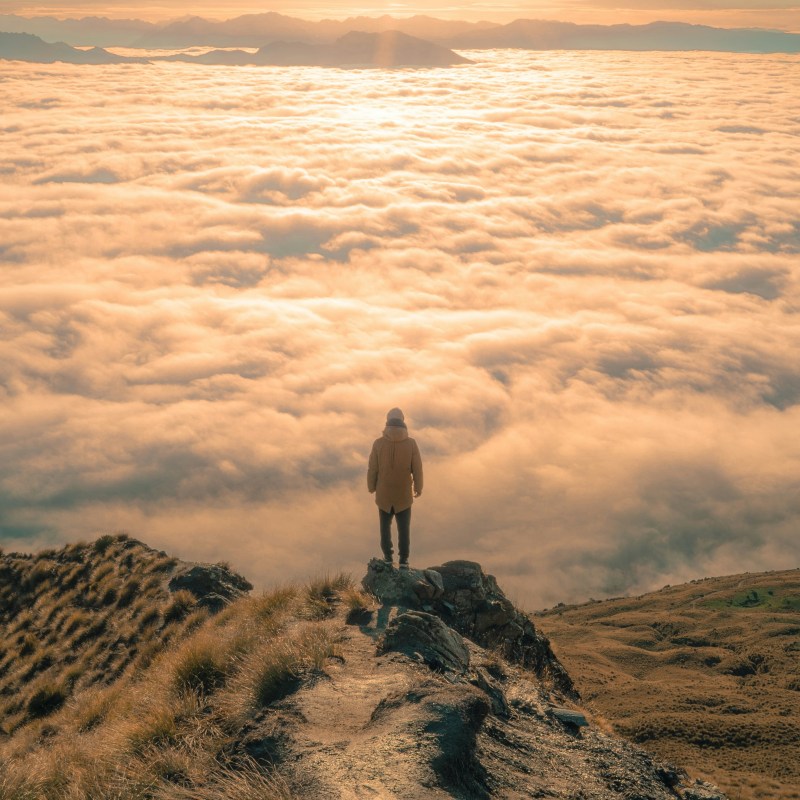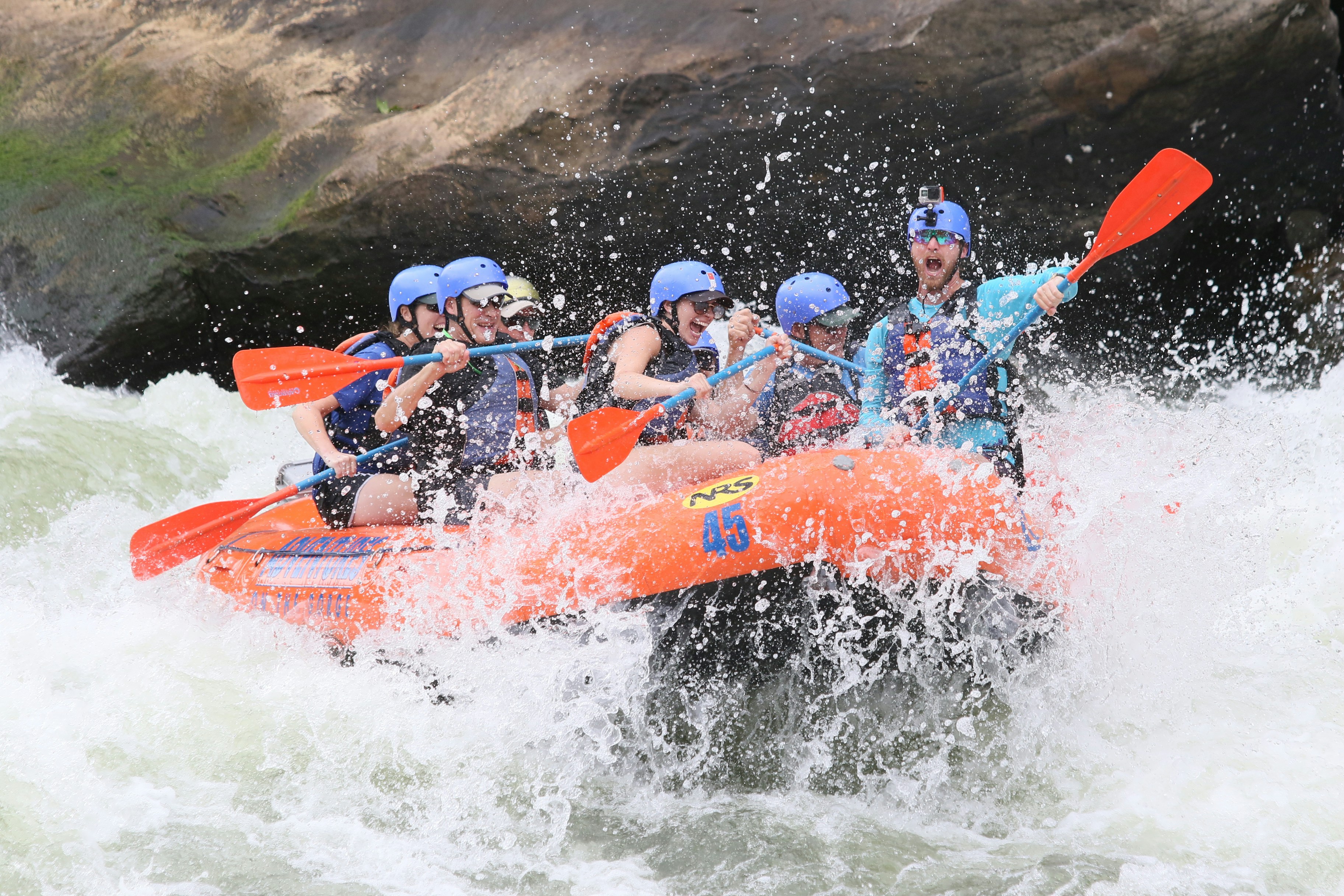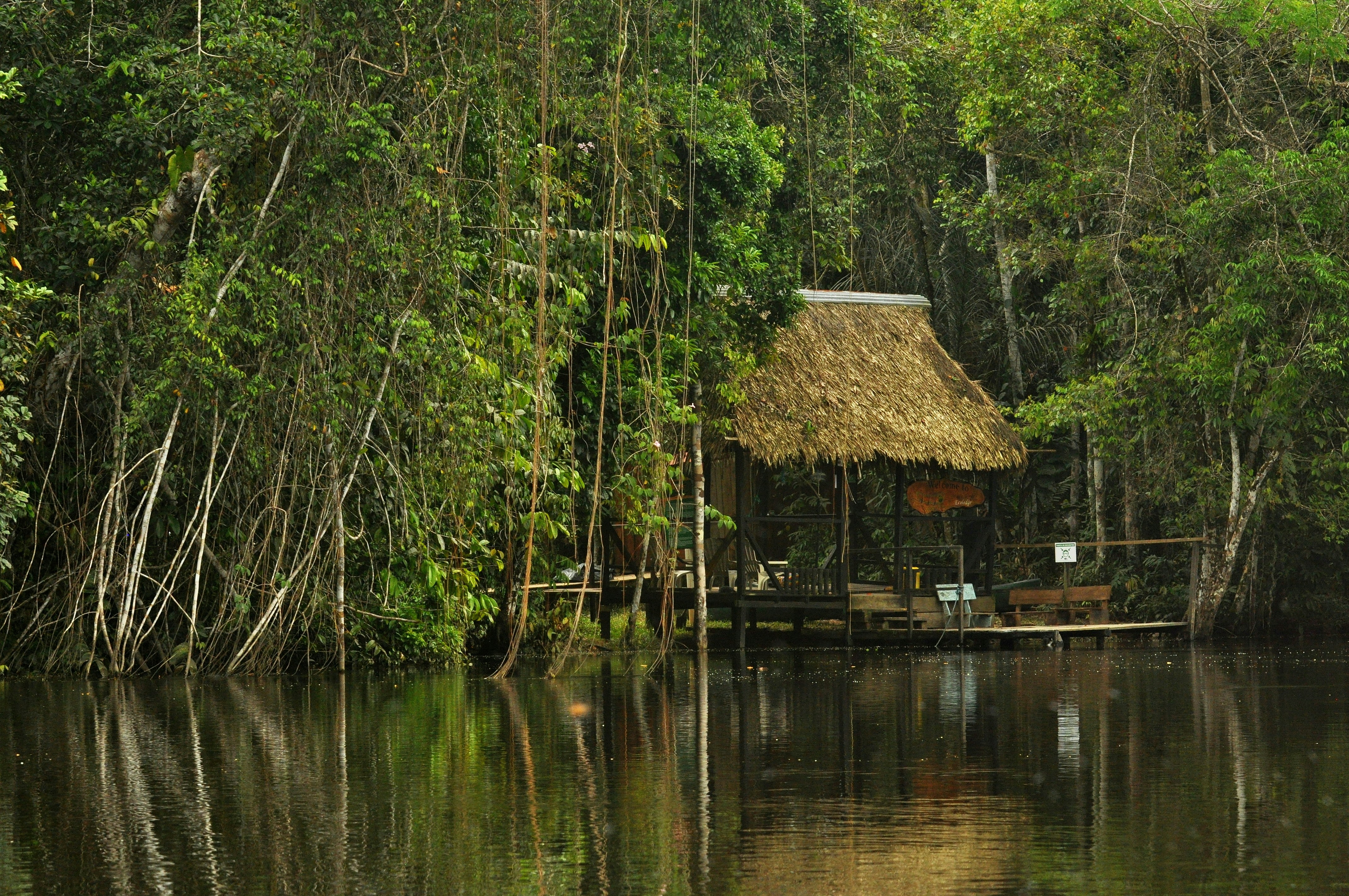
There’s a growing suspicion surrounding tourism.
Videos by TravelAwaits
The concept of traveling the world to explore and celebrate life isn’t a hard sell. Who doesn’t love downtime in scenic places, after all?
It’s all the little details in between that tend to breed problems. Transportation demands create environmental degradation; large tours and cruise ships cause overcrowding; scammers prey on unsuspecting tourists to make a quick dollar.
I live in Barcelona where a lot of the blame is thrown onto tourists. (A lot of water is also thrown on them.)
But is it actually the humble traveler whose responsible here?
Isn’t it the travel groups, hotels, rental companies, tour guides, and other hospitality-centric companies who benefit?
They benefit disproportionately from mass tourism, contributing to issues like rising housing costs, degradation of natural resources, and a hospitality-centric economy that doesn’t favor the worker.
When it comes to problematic tourism, the main culprit is irresponsible development that usually involves foreign investment, aggressive marketing approaches, and a cheap-at-all-costs approach.
(A quick caveat: I know that some tourists also behave very poorly, and my arguments here aren’t meant to excuse or ignore their behavior. Rude tourists are a perennial issue.)
Overdevelopment and overtourism manifest in many diverse ways. From locals pointing water guns at tourists to new trends that destroy fragile biomes, the travel industry has the potential to do serious harm on local and global levels.
But tourism, when done ethically, also has the potential to do wonderful things, like empower local communities, preserve (and even expand) important ecologies, and educate visitors on what life beyond their bubble is like.
Hungry for a little hope? I’ve got two tourism success stories that showcase the positive potential of travel.
Adventures On the Gorge

West Virginia
West Virginia is one of the poorest US states when it comes to median household income. Infrastructure is limited, while its economy has steadily declined thanks to the decline of mining and coal communities. (It’s also one of the lovelier states I’ve ever visited, blanketed with forested Appalachian hills.)
Back in 2017, I visited Adventures on the Gorge with my dad and brother. We spent a few days white-water rafting and otherwise enjoying the spoils of New River Gorge National Park. It was a blend of nature-driven downtime and white-water adventures.
During one rafting tour, our guide took out a black and white photo depicting a bombed-to-dirt landscape of barren hills
To our shock, he explained that those hills were the very same that we were drifting past. The fertile, lush hills looked nothing like the photo held up—despite the fact that mining only ended in this area in the early 1960s.
If you see a photo of the New River Gorge today, you’re likely to be just as starstruck as I was. This is the important lesson I’d like to pass on: nature regenerates when we let it, and not all tourist ventures damage natural wonders.
The New River Gorge National Park was first shortlisted for national park status in 1978 before nabbing the designation in 2020. Not only is the New River one of the oldest rivers in the US, but it now serves as a premier white water rafting destination.
In cases similar to these, natural restoration and preservation ensure the long-term viability of outdoors adventures.
Jamu Lodge, Cuyabeno Wildlife Reserve

Ecuador
Let’s venture out of the US and into one of the world’s most important and threatened biomes: the Amazon.
Back in 2001, Jamu Lodge opened its doors in the Cuyabeno region of Ecudaro’s Amazon. A few years later, the hotel partnered with the Rainforest Alliance in order to roll out more sustainable operations.
Similar to treks to Ciudad Perdida in Colombia, access to the lodge is facilitated by the Siona tribe. Siona guides are also available for tours, allowing locals to earn income while also guiding travelers into the Amazon.
Both elements are important: locals should benefit directly and financially from tourist projects while also maintaining control of when and how visitors explore the jungle.
In terms of sustainability, the eco-lodge remains small in order to better handle infrastructural challenges.
For example, all wastewater is treated at the hotel, using enzymes and bacteria to treat the water on-site. The lodge also relies on solar panels to offset its electrical needs.
The result is a tourist experience that delivers cultural intrigue, environmental delights, educational opportunities, and, most importantly, a responsible way to visit the Amazon.
The lesson here is that there’s no environment too fragile for tourism, so long as visits are guided by locals and tourism ventures are scaled correctly for the area.
